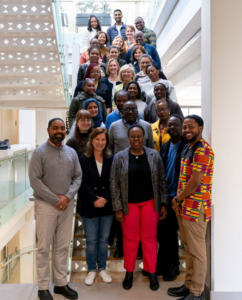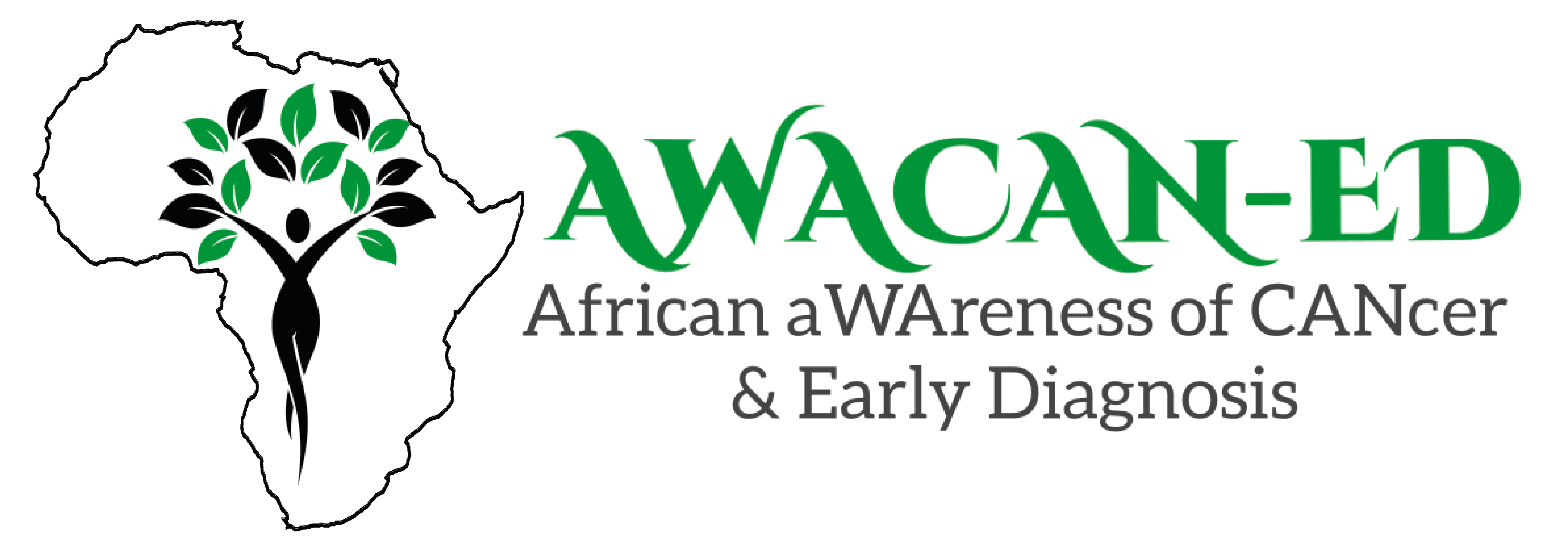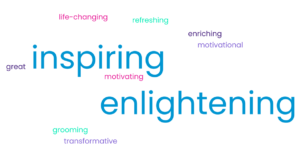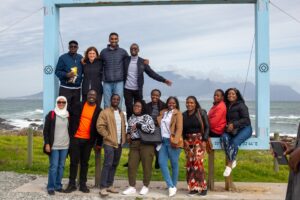Report from the 3rd AWACAN-ED Southern African School for Cancer Research
Jone Garcia Lurgain, our new post-doc at Queen Mary University of London reflects on her recent trip to South Africa to attend the 3rd AWACAN-ED School in Cape Town.
 For the third consecutive year, the AWACAN-ED Southern African School for Cancer Research brought together senior and early career researchers from South Africa, Zimbabwe and the UK, global health experts (WHO Afro, IARC), other public health professionals from Ghana, Libya and Kenya, and well-established civil society organisations fighting against cancer (CANSA) to share knowledge and experiences, and discuss how to improve early diagnosis of cervical, breast and colorectal cancers in Southern Africa.
For the third consecutive year, the AWACAN-ED Southern African School for Cancer Research brought together senior and early career researchers from South Africa, Zimbabwe and the UK, global health experts (WHO Afro, IARC), other public health professionals from Ghana, Libya and Kenya, and well-established civil society organisations fighting against cancer (CANSA) to share knowledge and experiences, and discuss how to improve early diagnosis of cervical, breast and colorectal cancers in Southern Africa.
As a postdoctoral researcher and new member of the AWACAN-ED team in the UK, I was pleased to attend the School this year in Cape Town. It was an intense and productive week (2-6 September) in which we had the opportunity to learn about health system challenges in South Africa and Zimbabwe, the significant role of behavioural and implementation sciences in cancer control programs, key health economic evaluation concepts and the importance of community engagement to reduce health inequalities.
Built on the experience from the first two Schools, this 3rd School offered the AWACAN-ED scholars the chance to showcase progress on their research projects, get feedback from AWACAN-ED’s Principal and Co-investigators and refine their study designs and methods.
The teaching sessions were focused this year on cross-sectional surveys and qualitative analysis, including presentation of the AWACAN-ED results. Two interactive sessions looking at the next steps of the AWACAN-ED programme were very insightful. In these, participants were invited to think about the barriers and facilitators to implement e-Tools for cancer diagnosis in the context of Zimbabwe and South Africa, and to reflect on how community-based participatory research could be better implemented in their ongoing studies and future AWACAN-ED interventions.
One of the highlights of this School’s programme was a stimulating and practical session led by professors Jennifer Moodley and Fiona Walter on the role of intersectional discrimination in cancer research. We were challenged to identify in groups potential discriminatory attitudes and inappropriate cancer management in different cancer-patient case studies. This activity was followed by an inspiring online session on the impact of conflict on cancer research led by Richard Sullivan, professor of Cancer & Global Health at King’s College London and Guy’s Hospital Comprehensive Cancer Centre. He joined from deployment in a conflict zone and highlighted a new Manifesto on improving cancer care in conflict-affected populations published this year in The Lancet.
The School also offered a useful masterclass on how to develop grant proposals for the US National Cancer Institute and Professors Jennifer Moodley and Mike Chirenje chaired a final talk where we discussed and shared career development pathways, experiences and expectations. A really motivating closing session!
We were asked to describe the School in one word and below is the word cloud from all participants:
In addition to the formalities and teaching of the School, several attendees and I joined an excursion to visit Robben Island Museum. It was an insighful and fun experience. We not only had the opportunity to learn more about the history of South Africa, but also to spend time together and get to know each other outside the ‘classroom’.



